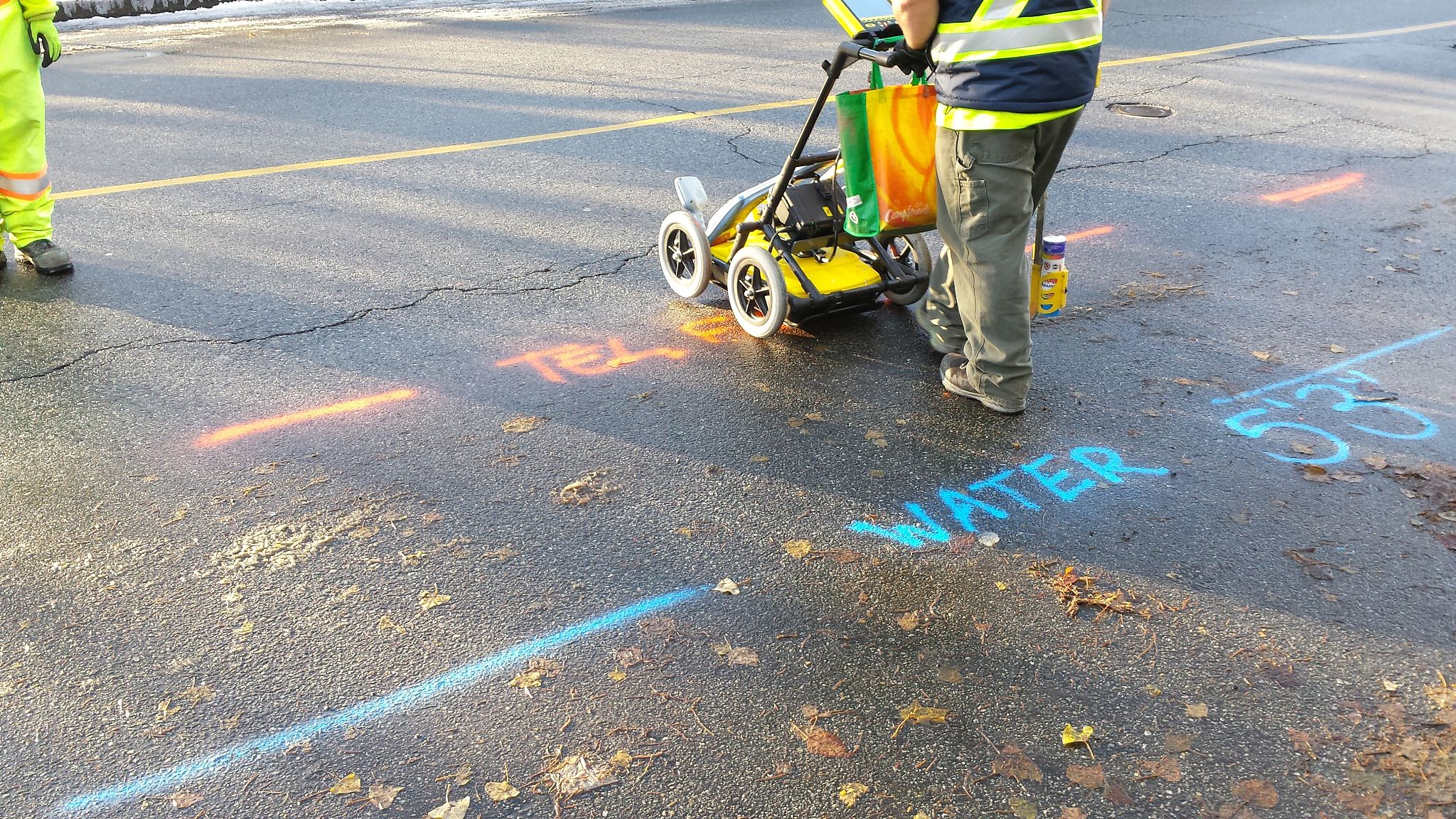Why You Need Private Utility Locating for Residential Construction in Texas
Understanding Private Utility Locating
When embarking on a residential project, whether it's constructing a new home or adding an extension, it's crucial to understand the importance of private utility locating. This process involves identifying and marking underground utilities on private property, which might not be registered with public utility companies. Ignoring this step can lead to severe consequences, including project delays and unnecessary expenses.

Many homeowners assume that public utility companies will automatically handle all underground utility markings. However, the reality is that these companies only mark utilities within public easements and rights-of-way. Private utilities, such as irrigation systems, septic tanks, and gas lines that run through private property, require a different approach.
Averting Potential Hazards
One of the primary reasons for conducting private utility locating is to prevent potential hazards. Striking an underground utility line can lead to dangerous situations, such as gas leaks or electrical outages. This not only poses a risk to the safety of workers and residents but can also result in costly repairs and fines. By conducting a thorough utility locating process, these risks are significantly minimized.
Additionally, understanding the location of underground utilities can help in planning the project more efficiently. Knowing where these lines are situated allows for strategic placement of new structures or landscaping features without the risk of interference.
Ensuring Compliance with Regulations
Another critical aspect of private utility locating is ensuring compliance with local regulations. Many regions have strict requirements regarding excavation and construction near underground utilities. Failing to adhere to these regulations can lead to legal issues and hefty fines. By identifying and respecting these utilities, homeowners and contractors can avoid regulatory pitfalls.

Moreover, being proactive about locating utilities demonstrates a commitment to safety and professionalism. It reflects positively on both the homeowner and any contractors involved in the project, fostering trust and credibility.
Hiring Professional Locating Services
While it might be tempting for homeowners to attempt utility locating themselves, hiring professional services is highly recommended. Professionals have the expertise and equipment needed to accurately identify and mark underground utilities. They use advanced technologies such as ground-penetrating radar and electromagnetic equipment to ensure precise results.
Engaging with a reputable utility locating service provides peace of mind. Homeowners can rest assured that their project will proceed without unexpected disruptions, maintaining both safety and budgetary constraints.

The Cost-Benefit Analysis
The upfront cost of hiring a private utility locating service is often outweighed by the potential savings in avoiding accidents and project delays. Consider the financial implications of damaging a utility line: immediate repair costs, project downtime, and potential liability issues. Investing in utility locating is a prudent decision that safeguards the overall success of any residential project.
Furthermore, identifying these utilities can reveal opportunities for cost-saving adjustments in the project plan. For example, avoiding certain areas or using alternative construction methods can lead to more efficient resource use.
Conclusion
In summary, private utility locating is an essential step in any residential project. It ensures safety, compliance, and efficiency, ultimately contributing to the project's success. By understanding the importance of this process and hiring professional services, homeowners can protect their investments and proceed with confidence.
Before breaking ground on your next residential project, make sure private utility locating is part of your planning process. It's a small step that can prevent significant setbacks and ensure a smoother construction experience.
